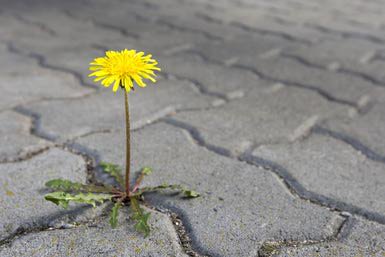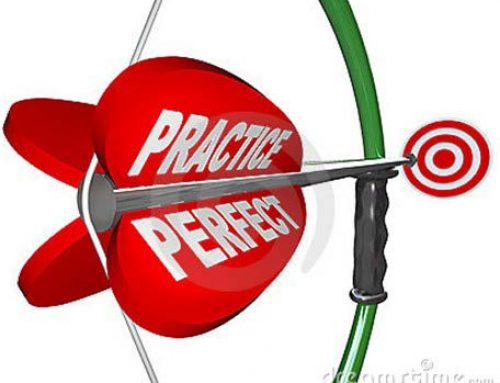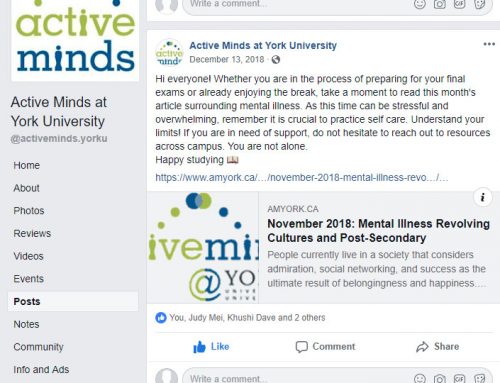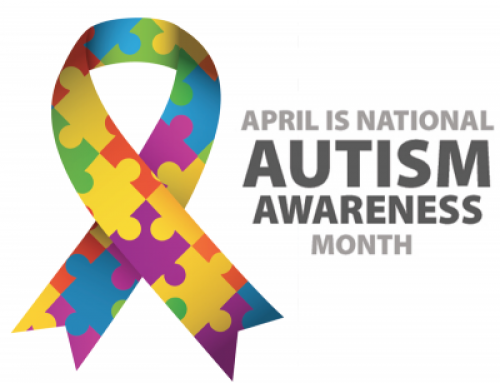“Like a dandelion, up through the pavement, I persist.” One of Active Minds’ most important, core mottos. The metaphor of the dandelion through the pavement highlights one of the most powerful themes in mental health advocacy: resilience. Resilience is an ability to overcome difficult times and bounce back to the same, if not a better, state. Dandelions are comically known to be very resilient – one would know that if they ever tried to get rid of them! Oftentimes, you find them quite literally growing through pavement as well as turning perfect, ‘boring’ lawns into beautiful meadows. For those struggling with mental health, finding resilience can be very tough. You may feel hopeless, afraid to seek help or simply don’t believe that anything can help you. It takes great effort and a substantial shift in mentality to think ‘resiliently’ – in other words, always tackle life’s throws head-on and with a positive mindset. Most, if not all, find that very difficult to do without having a mental illness; one can only imagine the struggle when a mental illness is present. The reasons are intuitive. Although mental health advocates have made tremendous progress is raising mental health awareness, there are still millions of people worldwide who have no access to services, such as counselling and therapy. In fact, many places worldwide still have heavy stigma associated with mental illnesses to the point that those suffering don’t even feel comfortable talking to their close ones about it. In those cases, even those who are inherently resilient may find themselves feeling hopeless due to the external factors at play.
How can we become more resilient? Luckily for us, there are things that we can do to bring out our inner dandelions. First and foremost, resilience is about taking control of the things that you can control. One of the biggest setbacks to that is self-blame for things that are out of your control. And even if some aspects of the situation were in your control at one point, the quickness to still blame everything on yourself is very hindering and unhealthy. Those who are resilient try to look at the bigger picture that includes circumstances, other people etc., instead of turning to “I’m not good at anything” as their reasoning. Similarly, try to avoid extrapolating one bad event to the rest of your life. For example, if something did not go as planned in your career, it doesn’t mean that you’re a failure. Your self-worth has nothing to do with things that may not have worked out. Pay attention to your daily language. For example, if you get into an argument with someone, are you quick to think they don’t like you? Instead, try to think of it more so as “they disagree with my view” rather than “they disagree with my entire character”. You’d be surprised how often we extend negative events and/or interactions to our entire being. Another key aspect to resilience is understanding transiency of life events. This is more important in the context of ‘bad’ events. Those who lack resilience will oftentimes deem bad events as permanent, which is also in part due to a lack in positive thinking. On the other hand, understanding the transient nature of everything around us – including bad events – will garner a more objective perspective, which in turn increases resilience. Next time you’re faced with an uncomfortable situation, remind yourself that “this too shall pass” and you will right away feel more confident in taking action as the doom of permanence is no longer looming over your mind. Last but not least, don’t be afraid to take control. Resilience means focusing on things that you can change instead of dwelling over the things you cannot. You may be faced with a situation where you’ve done everything you realistically can to remedy something after which, you must learn to let go. If you do not, you will surely exhaust your mind and body thinking about what could happen, which may also lead to feelings of helplessness and anxiety. Resilience doesn’t mean stubborn strength. It means having a secure mental cushion that allows you to see each situation as something that will pass and something to learn from, gather than suffer from.
In conclusion, it should be noted that building resilience requires taking care of oneself, physically and mentally. Getting proper sleep and exercising regularly is imperative when it comes to creating a strong foundation to your overall wellbeing. Practicing mindfulness, through things like meditation or hobbies, is highly beneficial to your mental health. Dandelions persist through the pavement, but they wouldn’t be able to do so without the sun, soil or water.



























